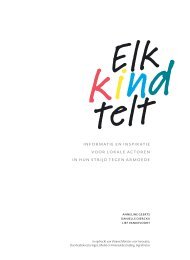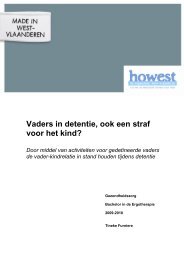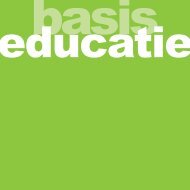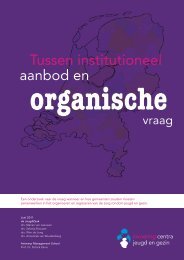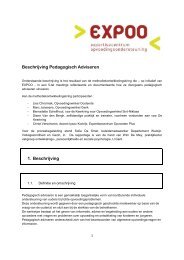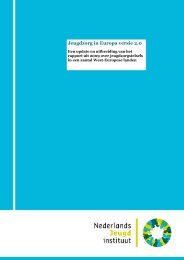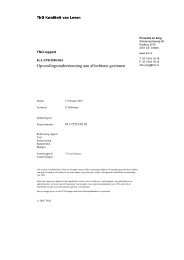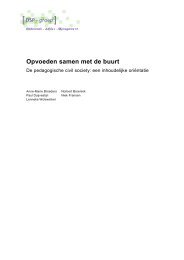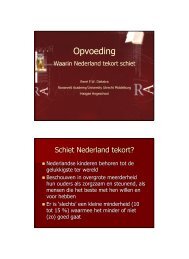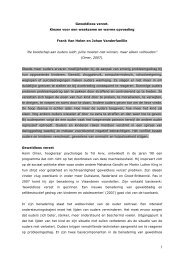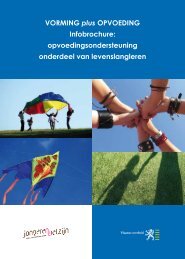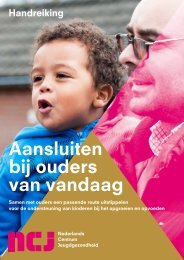Technique Is Not Enough (TINE) - British Psychological Society
Technique Is Not Enough (TINE) - British Psychological Society
Technique Is Not Enough (TINE) - British Psychological Society
- No tags were found...
Create successful ePaper yourself
Turn your PDF publications into a flip-book with our unique Google optimized e-Paper software.
Parenting programmes that work in multi-family groups like those above enable a range offamilies from various backgrounds and skill levels to be present and this gives rise to agood range of modelling opportunities. Once the basic prerequisites of effective peermodelling and culturally relevant learning forms are in place, we suggest that parentingprogrammes pay attention to the factors that make us feel ‘like’ other people, such as whatculture we come from, our gender, age and social class. The cultural relativity or culturalrepresentativeness of the participants from one or more communities or from differentprofessional stakeholder groups and the degree of respect they are able to offer each othercan also be used to ensure good on-going retention and family completion of programmes.The relationships between people from vastly differing socio-cultural backgrounds is ofparticular interest in FAST because it has been implemented in so many diverse settingsFASTIn another setting I saw a large multi-generational family where all the children had been diagnosedwith various disorders relating to speech, concentration or other issues. There had been a history ofvery poor relationships with their children’s teachers and the professionals who were working withtheir children’s issues, all of whom got involved when the local FAST programme was introduced. Attheir FAST graduation ceremony they all spoke warmly about the improvement in their children’sbehaviour and the way the other families and the implementation team made them feel welcome andrespected.We can take this a little further by adopting a social ecological perspective. This is liketaking a social leaning theory approach to understanding the functioning of social groupsand communities as opposed the more traditional use in understanding teacher-learnerdyads. In some of the cross-sector managed parenting programmes (home, school andsocial services, for example) we see that repeated exposure to positive experiences betweenempowered service user parents and professionals are given a high priority because this isone of the programme’s values. We have noted that this helps reduce the potential in oursociety for negative, stereotypical thinking to emerge when groups of people from verydifferent backgrounds are first brought together, for example teachers may assume poorparents do not care and poor parents may fear teachers will blame them for creating‘difficult’ children. A social ecological approach teaches us that using the value of positivesocial contact across cultural divides is a powerful tool for enabling people to feel solidaritywith each other’s universal human concerns over and above their social differences(e.g. Brondolo et al., 2009). For example:Resilient Families AustraliaBy training a culturally appropriate facilitator the programme has been successfully adapted forrefugee and indigenous populations.SNAPWe attempt also to match staff’s ethnic backgrounds to clients where appropriate and available. Thispromotes trust and increases the likelihood of reciprocal relationships being established.38 Professional Practice Board



